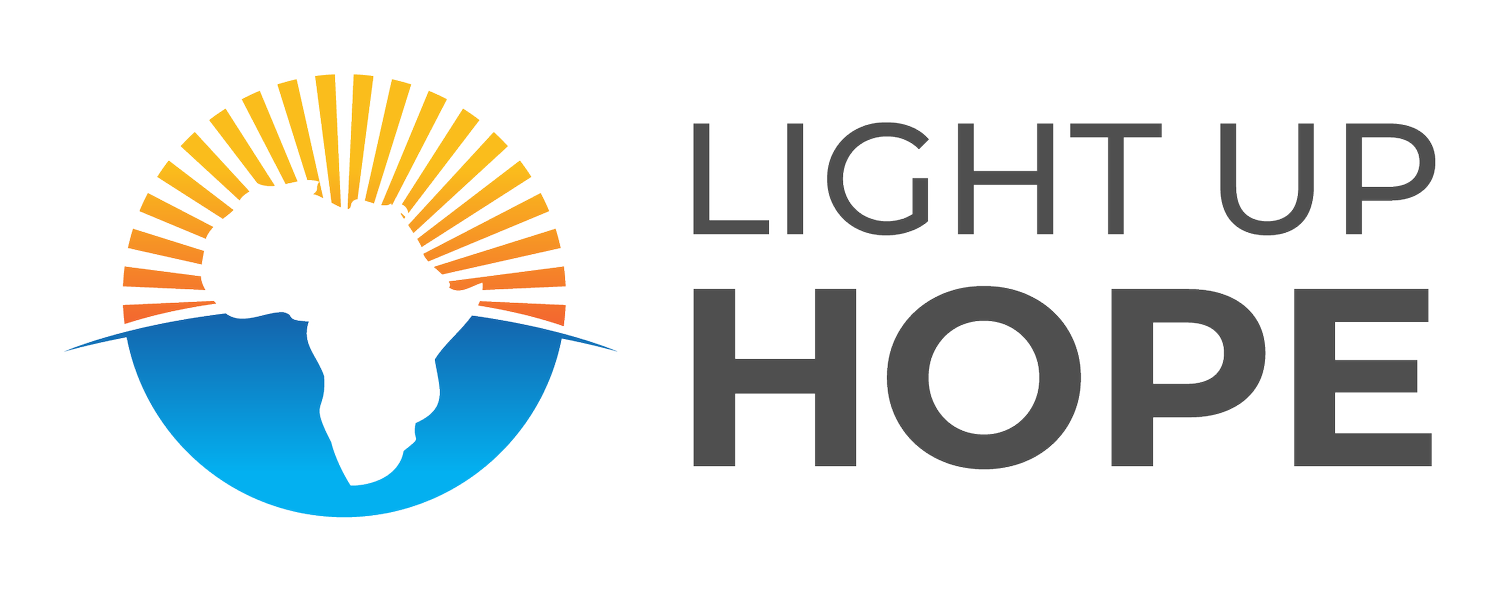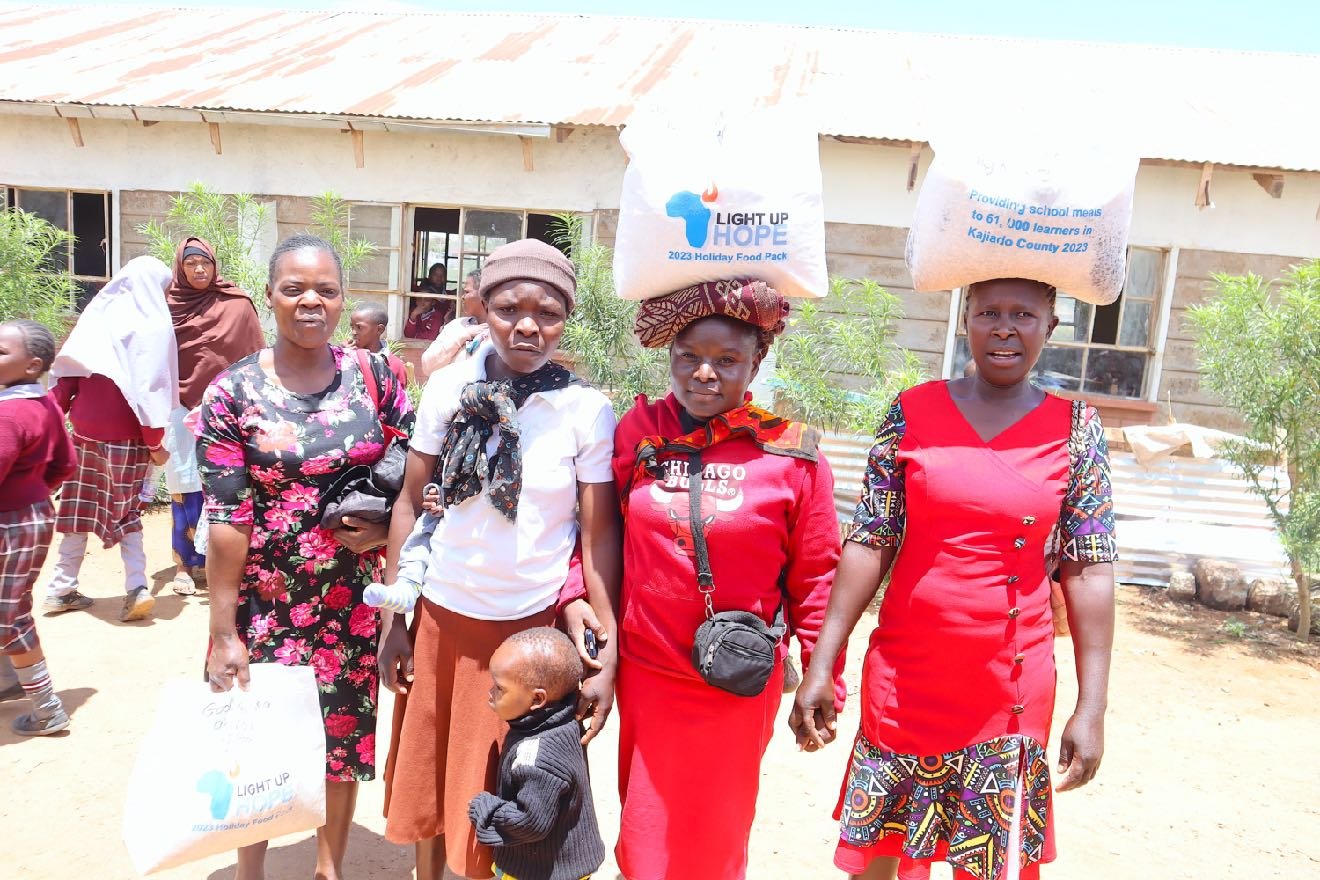KAJIADO EMERGENCY AND LONG TERM ENGAGEMENT
How Our Programs Make An Impact
EMERGENCY FOOD AID FOR IMPACT OF MULTI-YEAR DROUGHT (SHORT TERM) + EDUCATION AND EMPOWERMENT (LONG TERM CHANGE)
According to the United nations “The poor also suffer disproportionately from the loss of economic assets during natural disasters…Rural families in drought-stricken regions often sell cattle to purchase food. Because the poor are less able to replace these income-providing assets, they may fall into long-term “poverty traps”, from which they would be unable to emerge.”
This is why it takes longer for a community such as rural Kajiado to recover from the drought than other communities. Additionally, there is no clear end to the drought and no guarantee that a strong rainy season will be a lasting trend. The food aid we are offering is not a long term solution to the challenges this community faces - but keeping the children in schools is. The Maasai community is going to be forced to rethink their source of income beyond grazing livestock in an arid climate. Through education, the community will be exposed to additional opportunities for economic growth. According to the International Monetary Fund, the economic and social imperative for women’s economic empowerment is clear. Greater gender equality boosts economic growth and leads to better development outcomes…and, in turn, supports economic resilience.
Our educational programs - both high school and WOVEN ensure the brightest and most disciplined girls in the county will have a path towards the economic growth of their community through access to education as well as access to career readiness and connections with our mentorship programs.

